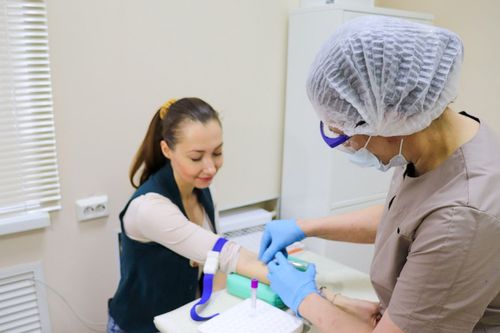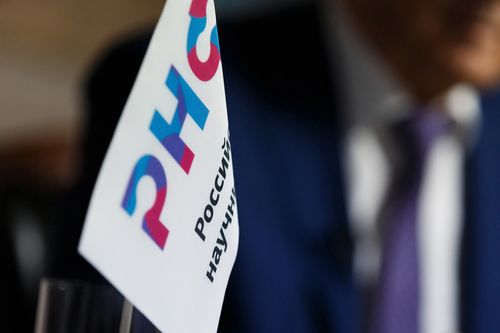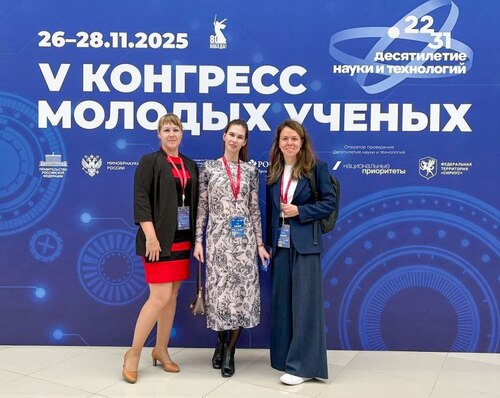A workshop of the project “Water management in Baltic forests – Tool Box” (WAMBAF Tool Box, 2019-2021) took place in the capital of Karelia on March 31. It gathered representatives of the scientific community, environmental organizations, relevant authorities, forest leasers. They were introduced to the project results and the international action plan for water conservation in the Baltic Sea region, including an array of modern methods and tools for a more responsible forest management.
The aim of the WAMBAF Tool Box project is to promote forestry practices that reduce the input of nutrients and hazardous substances to regional and coastal waters in the Baltic Sea region. Karelian Research Centre RAS implements the project together with WWF Russia, Swedish Forest Agency, Metsähallitus, Latvian State Forest Research Institute and other partners within the international programme Interreg Baltic Sea Region.
A team of researchers collected and processed data to produce certain conclusions. As a result, an international action plan was worked out for countries in the Baltic Sea region. It has already been approved at a high level in the European Union. Many various stakeholders are involved in this work, are aware of it, and use it in their daily routines.
The role of the Karelian Research Centre in the project is to test and accommodate the European-designed Blue Targeting tool to being used in Northwest Russia. Blue Targeting is a checklist that is filled out in the field, when walking along a forest brook or a small river. It is formulated so that both scientists and laymen can use it (the field form can be downloaded with a mobile app) to evaluate the conservation value of the watercourse.
This summer, scientists from KarRC RAS put the European technique to test on small rivers of Northwest Russia. The results of the small river assessments done in 2019-2020 using the WAMBAF Tool Box technique in the Arkhangelsk Region and Karelia were presented at the workshop by Sergey Sin’kevich, Leading Researcher at the Laboratory for Boreal Forest Dynamics and Productivity. He summarized that the WAMBAF Tool Box technique can be advised for assessing the condition of small rivers in Northwest Russia given that local features are taken into account.
Talks were given at the workshop by foreign experts. Fraucke Ecke from the Swedish University of Agricultural Sciences (SLU) presented information on the “Beaver Tool” and sustainable management in beaver-inhabited areas, describing the criteria for making decisions about whether to keep or remove a beaver dam. Leena Finer, Professor from the Natural Resources Institute Finland (Luke), introduced the audience to “Drainage maintenance” aspects.
The workshop ended with a lively debate on the issues covered, and a discussion of the project plans for the nearest future. All WAMBAF Tool Box project material is openly available on the project website: https://www.skogsstyrelsen.se/en/wambaf
News

April 5, 2021
A workshop of the international WAMBAF-Tool Box project took place in Petrozavodsk. Its participants were introduced to the forestry practices that reduce the input of nutrients and hazardous substances to regional and coastal waters in the Baltic Sea region.
See also:

December 2, 2025
Citizens of Karelia can help scientists explore early-stage disorders and risks of developing serious diseases
Scientists invite volunteers aged 40–59 to take part in a large-scope region study seeking to identify early markers of the yet silent disorders that may later evolve into cardiovascular and metabolic diseases. Participants will be asked to give a single blood sample for key laboratory tests. The results can be collected in person or via email. In the long term, this work will enable scientists and medical professionals to detect the threat of serious diseases as early as possible.
Scientists invite volunteers aged 40–59 to take part in a large-scope region study seeking to identify early markers of the yet silent disorders that may later evolve into cardiovascular and metabolic diseases. Participants will be asked to give a single blood sample for key laboratory tests. The results can be collected in person or via email. In the long term, this work will enable scientists and medical professionals to detect the threat of serious diseases as early as possible.

December 1, 2025
Russian Science Foundation supported Karelian scientists’ projects
Four grant applications submitted by scientists of the Karelian Research Centre RAS were approved by the Russian Science Foundation. The projects by Karelian researchers deal with issues such as building a methodology for the identification, monitoring, and protection of certain wetlands, increased mortalities among young farmed trout relocated to natural water bodies, assessing the anti-inflammatory properties of natural dietary supplements promising for trout farming, and reconstruction of the thermal history of the Earth's crust formation in northern Karelia and southern Murmansk Region.
Four grant applications submitted by scientists of the Karelian Research Centre RAS were approved by the Russian Science Foundation. The projects by Karelian researchers deal with issues such as building a methodology for the identification, monitoring, and protection of certain wetlands, increased mortalities among young farmed trout relocated to natural water bodies, assessing the anti-inflammatory properties of natural dietary supplements promising for trout farming, and reconstruction of the thermal history of the Earth's crust formation in northern Karelia and southern Murmansk Region.

November 28, 2025
Scientists of KarRC RAS took part in Young Scientists’ Congress at Sirius
A group of researchers from KarRC RAS took part in the 5th Young Scientists’ Congress held at the Sirius Federal Territory in Sochi. Over eight thousand participants from more than a hundred countries – early-career and renowned scientists, officials and businesspersons – worked actively at the plenary sessions and discussion grounds of this international scientific forum.
A group of researchers from KarRC RAS took part in the 5th Young Scientists’ Congress held at the Sirius Federal Territory in Sochi. Over eight thousand participants from more than a hundred countries – early-career and renowned scientists, officials and businesspersons – worked actively at the plenary sessions and discussion grounds of this international scientific forum.













